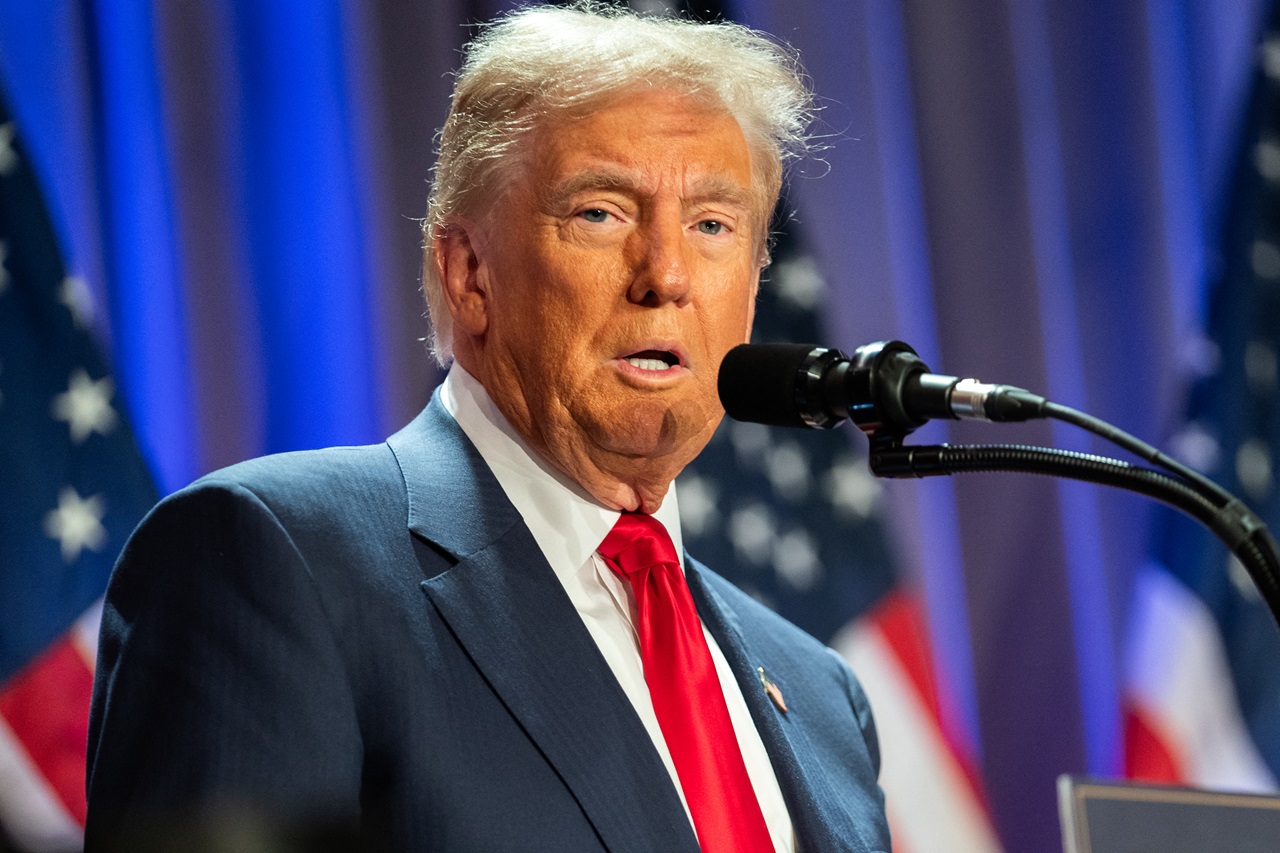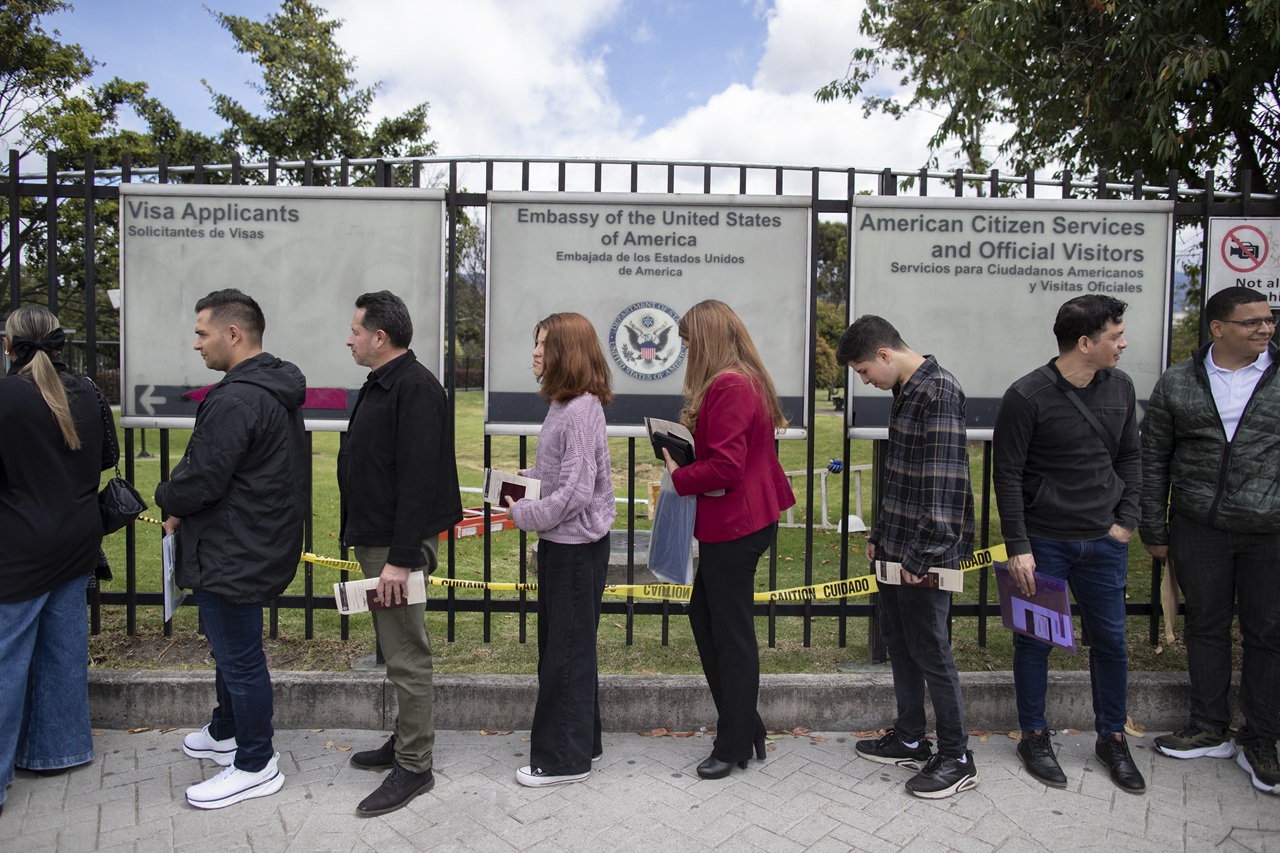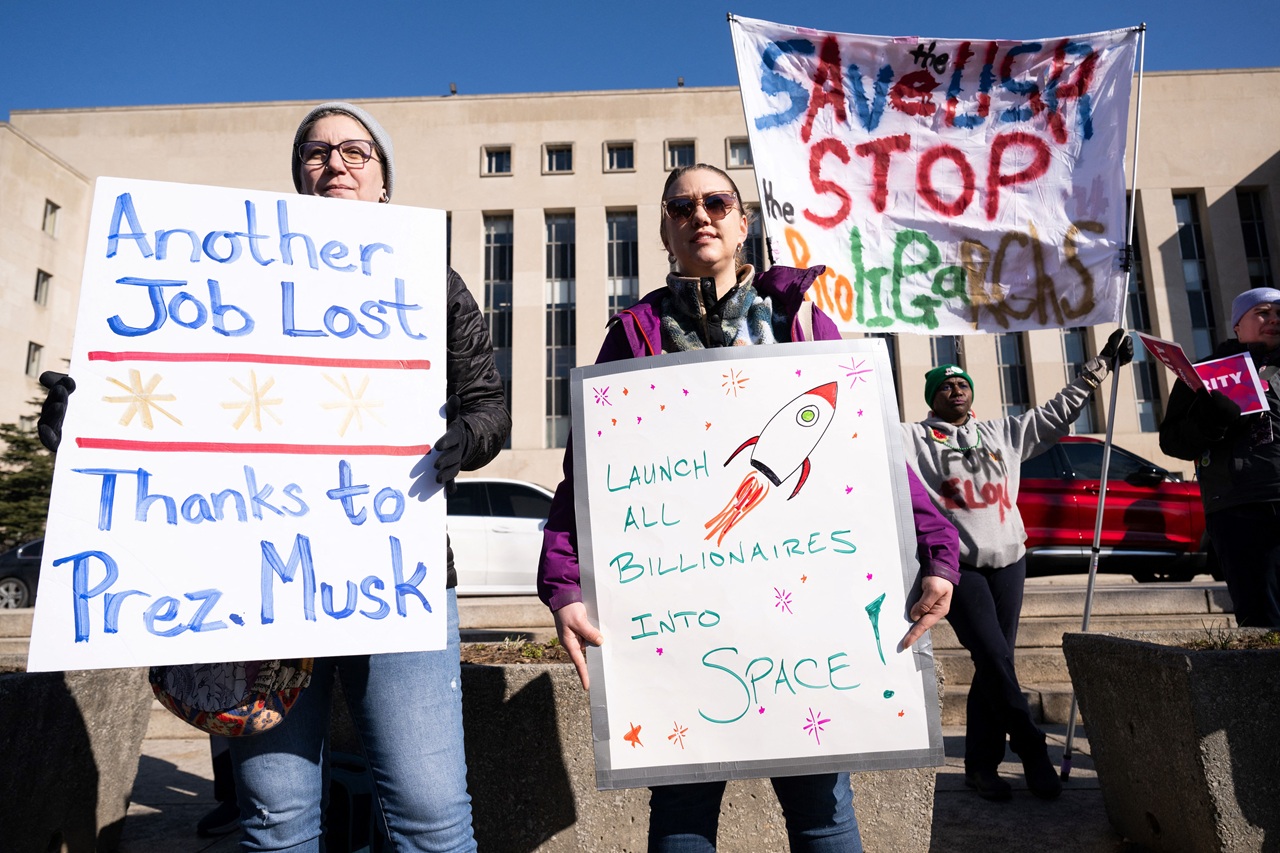
A bill to make Puerto Rico eligible for Medicaid, SNAP, and tax cuts is in the works
Rep. Nydia Velázquez and Sen. Bernie Sanders introduced the Territorial Equity Act of 2021.
Representative Nydia Velázquez and Senator Bernie Sanders have teamed-up to write a bill that would help U.S. territories like Puerto Rico, the Northern Mariana Islands, Guam, the U.S. Virgin Islands, and American Samoa gain more access to federal programs like Medicaid, SNAP (food stamps), and tax credits used by those on the mainland.
“As it stands, the people of Puerto Rico and the other U.S. territories are not afforded the same access to federal funds as states on the Mainland,” said Velázquez. “This is not only morally wrong but has delegated residents to a second-class status and exasperated social and economic inequalities.”
This predicament goes back 100 years, to a series of U.S. Supreme Court decisions known today as the Insular Cases, ridden with racist language when referring to U.S. Territories.
Until they were implemented, the U.S. government territories followed a straightforward path to statehood. Then-territories of Alaska, Arizona, New Mexico, and Oklahoma had full protection of the Constitution, and each became states with time.
But because of the shift in language when referring to the U.S.’s newly acquired territories at the end of the Spanish-American War, Territories like Puerto Rico were never put on this traditional path to statehood, and since then, residents were denied basic constitutional rights that go beyond the ability for citizens in territories to vote.
U.S. territories are not eligible for Supplemental Security Income (SSI), federal programs including Medicaid, the Supplemental Nutrition Assistance Program, the child tax credit, and the Earned Income Tax Credit.
Velázquez and Sanders’ joint bill would change that.
“The legislation we’re introducing today stops unequal treatment of the territories, and will put an end to inequities in federal law that have allowed too many to fall behind in almost every measurable social and economic outcome,” Sanders said in a news release.
I'm proud to partner with @SenSanders to introduce the Territorial Equity Act of 2021.
— Rep. Nydia Velazquez (@NydiaVelazquez) April 21, 2021
This bill takes bold action needed to extend critical federal assistance, like Medicaid and SNAP, to the territories, helping to ensure parity for Puerto Rico and the other territories.
The Territorial Equity Act of 2021 would provide territories with the same need-based, open-ended Medicaid funding that is available now to the 50 states and the District of Columbia.
It would also eliminate the cap on annual federal Medicaid funding and increase the federal matching rate for the territories’ Medicaid expenditures.
The bill would address Medicare disparities and access by updating hospital reimbursements and increase funding for territories to provide prescription drug coverage to low-income seniors.
RELATED CONTENT
The Supplemental Security Income (SSI) program would be extended to all U.S. territories, and would “provide equitable treatment” for Puerto Rico and the Virgin Islands in terms of tax breaks, specifically the Earned Income Tax Credit (EITC) and the Child Tax Credit (CTC).
It would also allow Puerto Rico, American Samoa and the Northern Mariana Islands to implement the SNAP benefits program.
Velázaquez says that in regards to Puerto Rico labor issues, the act would address the minimum wage for young employees, and also overtime laws.
The House version of The Territorial Equity Act of 2021 is co-sponsored by Representatives Alexandria Ocasio-Cortez (D-NY), Ritchie Torres (D-NY), and Raúl M. Grijalva (D-AZ).
These are a mix of representatives that have played a part in the recent Congressional discussion of whether Puerto Rico should become a U.S. State immediately, and those who advocate for self determination.
Rep. Grijalva recently presided over an insular hearing on the two opposing bills— The Puerto Rico Statehood Admission Act, introduced by Rep. Darren Soto (D-FL), and the Puerto Rico Self-Determination Act, introduced by Velázquez — as Chair of the Natural Resources Committee on April 14.
“Despite the different view of our witnesses today, I hope we can all agree that Congress has a responsibility to play a constructive role in the resolution of Puerto Rico’s political status. We must work executively together through the executive branch and the island’s officials to work through this process while respecting the will of the residents of Puerto Rico,” Grijalva said in his opening remarks.
The future of the two bills is uncertain as there are deep lines in Congress with how to proceed with Puerto Rico’s political status. In the meantime, the bill by Velázquez and Sanders may work to fill in needed federal assistance within the U.S. Territories.











LEAVE A COMMENT: